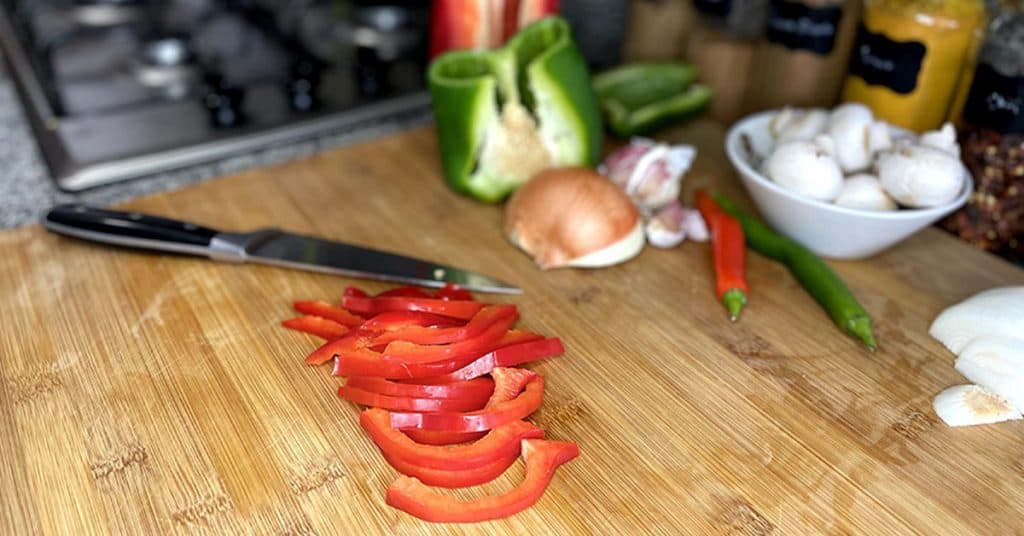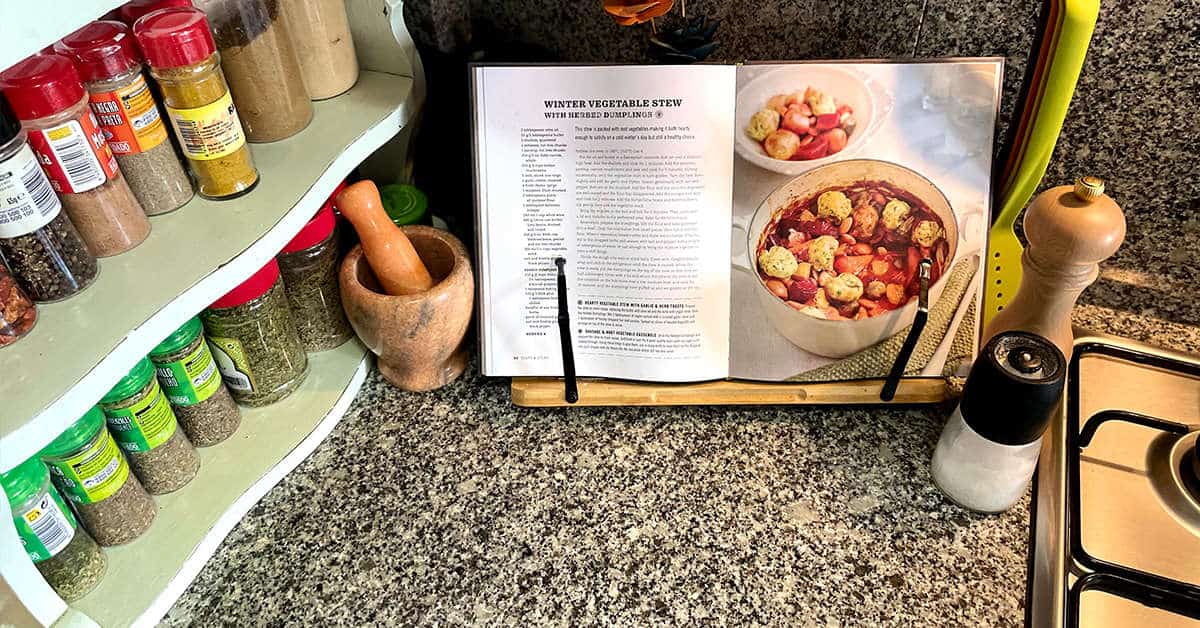6 Key Tips On How To Thrive As A Vegan

Protein is an essential nutrient for children, teens, and adults. It helps build structures in the body such as eyes, skin, blood, and bones.
Some of us want to follow a vegan diet but are not sure how that will affect our protein intake.
Below are 6 important tips to help you succeed as a vegan.
1. Get your protein from legumes.
There are many great foods that are high in protein – one of which is legumes.
Protein from legumes is vital for vegans who are trying to avoid animal products.
They are an ideal vegan food source because they are high in fiber and protein. Experienced vegans often use oat bran from legumes as a source of protein, which is a particularly good choice.
Legumes are high in fiber, calcium, and potassium, and also contain plenty of iron. If you are looking for legumes that are high in iron, include beans, lentils, tofu, and soybeans in your diet.
Protein from legumes is not only important for vegans, but for anyone looking for a healthy food source!
Need more help? Check out this comprehensive Legume Guide.
2. Do not be afraid of supplements (B12, iodine and omega 3).
Vitamin B12 not only plays a role in protein metabolism and keeping your body healthy, but it is also crucial in the formation of red blood cells that carry oxygen throughout the body.
A deficiency of vitamin B12 can lead to anemia, damage to the nervous system, infertility, and bone and heart disease.
It is recommended that adults consume 2.4 milligrams per day, pregnant women 2.6 milligrams per day, and nursing mothers 2.8 milligrams per day.
According to studies, vegans have up to 50% lower blood iodine levels than vegetarians, indicating an iodine deficiency. It is easy to see why vegans need to take iodine.
Omega-3 fatty acids play a structural role in the development and health of our brains and eyes. Adequate Omega-3 levels are also important in reducing the risk of inflammation, depression, breast cancer, and attention deficit hyperactivity disorder or ADHD.
The tricky part is that many products fortified with omega-3s are not vegan-friendly, as most omega-3s come from fish.
Vegan alternatives to omega-3s are those derived from algae.
3. Avoid even more restrictive forms of plant-based diets (Raw Veganism, Gluten-Free)
Raw vegan diets without supplements are often low in protein, iodine, calcium, and vitamin D, and provide too little fat, leading to a number of health problems.
Let us take a closer look at the example of gluten below.
Gluten is a protein found in grains such as wheat, barley, and rye. It is naturally gluten-free, but gluten-containing foods are often the most common reason for quick meals. Most people like gluten because it provides texture and flavor that other proteins cannot.
However, gluten-free is not always the best way to eat. Gluten-free foods often do not provide the necessary nutrients that gluten can, and gluten-containing foods are generally cheaper. Also, gluten-free products tend to be less available in grocery stores because they are still relatively new to the market.
Even though gluten may seem like a bad food, it is an essential part of the diet. Gluten provides necessary minerals like iron and magnesium, as well as other helpful vitamins like vitamin B6 and B12.
4. Do not be afraid of healthy fats
Vegans need to know that it is important to consume the right amount of fat.
Healthy fats are healthy for everyone, but vegetarians and vegans should pay special attention to healthy fats because healthy dietary fat is very nutrient dense.
Vegetarians and vegans can get important healthy fats from healthy sources like nuts, seeds, olives, olive oil, avocados, flaxseed oil, or hemp seed oil.
Your body is made up of trillions of cells and healthy fats play an important role in growing and strengthening healthy cells. Healthy dietary fats also support healthy brain development and function, which is especially important for infants and children.
Healthy fats protect your organs. Your brain is surrounded by lots of fat, as is your entire central nervous system. This fatty protection is helpful in keeping the brain and spinal cord from damage due to injury or trauma.
Healthy fats also insulate your body by surrounding and supporting healthy muscle tissue, organs, bones, and skin cells.
Eating good fats also helps you maintain a healthy temperature when it’s cold or hot outside by helping to convert chemical energy into heat.
5. Have thick skin
It’s okay to be different from everyone else. In today’s society, we are often judged just for having an opinion on anything. It seems that everyone is overly sensitive and we are pushed more and more towards the “norm” of society.
Fortunately, the world seems to be quickly becoming vegan friendly and more and more restaurants are catering to us.
It’s important to remain strong mentally and remember why you started this journey. Without a strong “why”, you could be mentally vulnerable and feel attacked when people don’t align with your beliefs.
6. Lead By Example
Being vegan is not an easy task. It’s hard to lead by example, and it’s even harder when you’re trying to spread the word about veganism.
But just because it seems difficult doesn’t mean that we should stop.
Anthony from Man Vs Clock is a big proponent of this. He’s vegan, and he also works out almost every day.
You see, he leads by example because there is no one way that’s correct to work out or eat healthily. He wanted people to know that they can lead their own lives using what works best for them.
You can lead by example as well by posting your vegan meals and snacks on Instagram, and showing how you eat a healthy vegan diet.
You may not know it but, everyone is a leader and someone is watching you and looking up to you. Don’t be afraid to show people the health benefits of eating vegan food.
If you are vegan because you want to be an advocate of animal rights then speak up.
You don’t have to write a book about why you think people should become vegan, but lead by speaking up in your community.
And lead because you lead with love and compassion for all living things.
There are so many ways to lead, so find what works best for you. And start now because this world needs more vegans!

